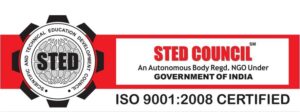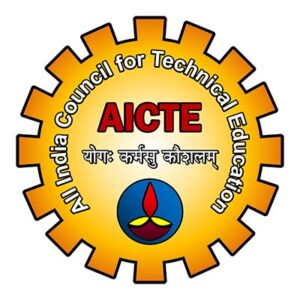LiDAR professional training provides individuals with the knowledge and skills needed to effectively use LiDAR technology. The training typically covers topics such as LiDAR data acquisition, processing, and analysis, as well as the use of software and equipment for LiDAR applications. Training programs may vary in duration and format, ranging from short courses to longer certification programs.
LiDAR professional training can be beneficial for individuals looking to start or advance their careers in fields such as surveying, cartography, remote sensing, or environmental science. By undergoing training, individuals can gain a competitive advantage in the job market, expand their skill set, and stay current with the latest trends and developments in LiDAR technology.
LiDAR professional training is a comprehensive program designed to equip individuals with the skills and knowledge required to work with LiDAR technology effectively. The training typically covers the following topics:
Introduction to LiDAR technology: This section covers the basic principles of LiDAR, including how it works, its history, and its various applications.
LiDAR data acquisition: This section covers the different methods of LiDAR data acquisition, such as airborne and terrestrial LiDAR, and the equipment and technology involved in data collection.
LiDAR data processing and analysis: This section covers the software and algorithms used to process and analyze LiDAR data. This includes data classification, filtering, feature extraction, and quality control.
LiDAR applications: This section covers the various applications of LiDAR technology, including forestry, geology, urban planning, and archaeology, among others.
Hands-on training: Many LiDAR professional training programs include hands-on training, which provides individuals with practical experience in using LiDAR equipment and software. This includes fieldwork, data collection, data processing, and analysis.
Certification: Some LiDAR professional training programs offer certification upon completion, which serves as proof of expertise and can enhance career prospects.
The duration and format of LiDAR professional training programs may vary depending on the provider and the level of the course. Some programs may be completed online, while others may require in-person attendance. The length of the program can range from a few days to several weeks or even months, depending on the level of the course.



